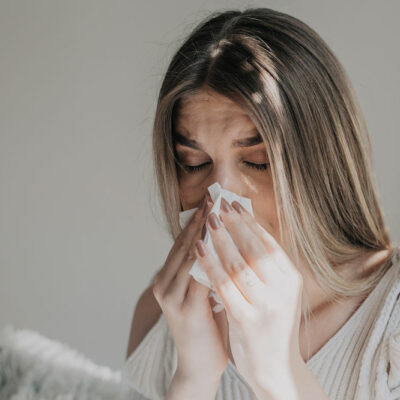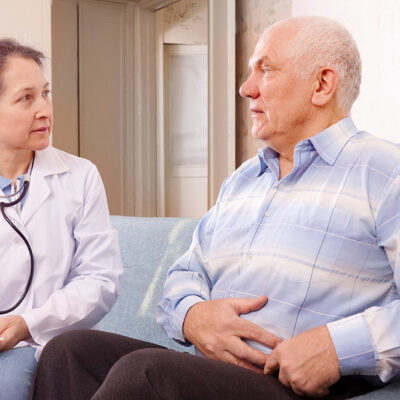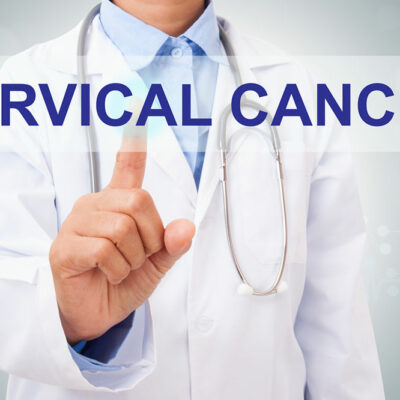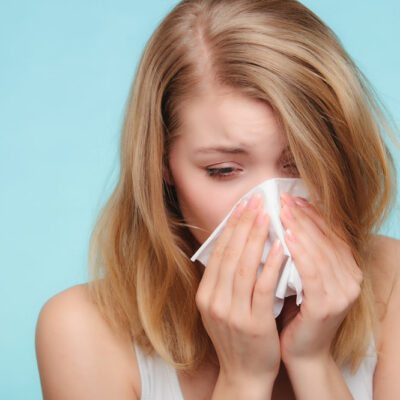
Health
5 Possible Treatments for Multiple Sclerosis
Multiple sclerosis (MS) is a condition that arises from the damage caused to the nervous system. This damage is inflicted upon the individual’s nerves by their immune system. The myelin sheath, which is a protective covering of nerves, is constantly attacked by the immune system leading to its destruction. This results in the loss of coordination between the brain and the body. Like every other health condition, MS, too, presents itself with a set of symptoms. Although there is no cure for the condition, it is possible to treat the symptoms and avoid further complications. Here are five treatment options for MS patient 1. Steroids Multiple sclerosis is managed by using oral and intravenous steroids. Prednisone and Methylprednisolone are used to control flare-ups. These corticosteroid drugs also help manage MS symptoms. The disease-modifying drugs used in this condition prevent the immune system from attacking the nerves. The drugs, however effective, have multiple side effects. Some of these side effects include fluid retention, mood swings, insomnia, increased glucose levels, and increased blood pressure. 2. Plasmapheresis Plasmapheresis is the exchange of plasma in the patient to manage flare-ups and sudden onset of attacks. It is also used as an alternative treatment method in MS patients when they are not responding to steroids.
Read More 















